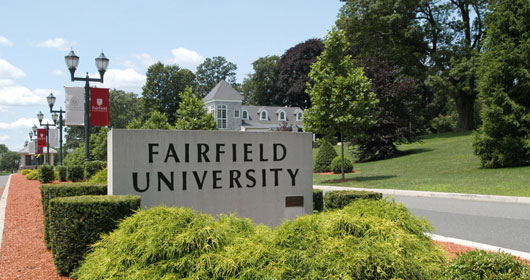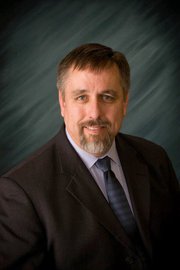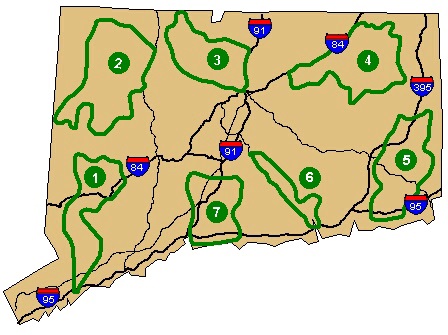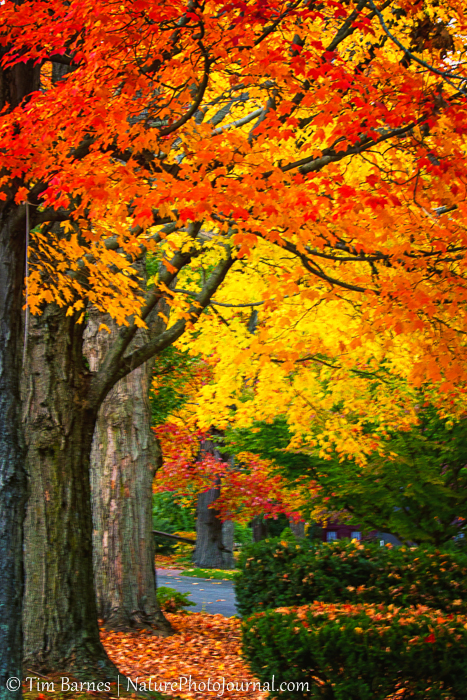Celebrating the 250th Anniversary
of the
Founding of the
Volga German Colonies
Saturday, 7 October 2017
(optional additional day on Sunday, 8 October 2017)
Fairfield, Connecticut
[This event has been cancelled.]
As part of its seminar series in honor of the 250th Anniversary of the founding of the German colonies along the Volga River in Russia, the Volga German Institute at Fairfield University will be hosting an event in Fairfield, Connecticut on Saturday, 7 October 2017. There is also an optional genealogical help session being offered the following day, Sunday, 8 October 2017. What a beautiful time of year to also experience the beautiful Fall foliage of New England!
The public is invited to attend.
Registration
Early Registration: $60 per person if you register on or before 22 September 2017.
Regular Registration: $85 per person for registration received after 22 September 2017 or at the door.
To register & pay by credit/debit card, please follow this link for Online Registration.
If you prefer to pay by check, print the Registration Form, and mail it along with your check. To qualify for the Early Registration rate, payment must be received by September 22.
If you have questions, please call Jill at 203.254.4000 x2648.
[Note: There is no discount for partial attendance of this event. Notice of cancellation on or before 22 September 2017 will receive a full refund; after 22 September 2017 will receive no refund.]
Location
Registration and all seminar events on Saturday, October 7, will be held in the Executive Dining Room of the Dolan School of Business on the Fairfield University Campus.
1073 North Benson Rd.
Fairfield, CT 06824
Fairfield University is located 45 miles east of New York City on I-95 on a beautiful 210-acre campus. The optional genealogy workshop on Sunday, October 8, will take place in Fairfield's DiMenna-Nyselius Library, located a short walk from the Dolan School of Business. You must be registered for the Saturday seminars in order to participate in the genealogy workshop.
Parking: free on-site parking

Speaker
Speaker for the workshop will be Dr. Brent Mai. Dr. Mai serves as the Dean of Libraries and University Librarian at Fairfield University in Fairfield, Connecticut, where he also leads the Volga German Institute. Dr. Mai has spoken world-wide on many topics related to Volga German history and culture, authored dozens of articles and several books, and translated hundreds of documents. Dr. Mai, whose father's side is Volga German, grew up in Western Kansas, graduated from Bethany College in Lindsborg, and continued graduate studies at George Washington University, the University of Texas at Austin, and Vanderbilt University. He came to Fairfield from Concordia University in Portland, Oregon, where he had been the founding director of the Center for Volga German Studies.
Tentative Schedule for Saturday, 7 October 2017
| 8:30 - 9:00 | Registration & Visiting |
| 9:00 - 9:45 | Session 1: Introduction to the Volga Germans and their Heritage
Everyone starts on a different page when it comes to their knowledge of who the Volga Germans are and how they came to be in Russia. This session will bring all attendees to the same place in that understanding - and we'll carry on from there.
|
| 10:00 - 10:45 | Session 2: The Geography of the Volga Germans
The trek of the Volga Germans around the world has created a challenging landscape for scholars. Each Volga German colony had many names during the past 250 years. The boundaries of the regions in which the colonies are located changed numerous times. Add in two languages (Russian & German) and two alphabets (Cyrillic & Latin), and more complications arise in understanding how one Volga German location relates to another. During this session we'll address these multiple geographic identities and track the history of Volga Germans from Western Europe to Russia and beyond.
|
| 11:00 - Noon | Session 3: The Western European Origins of the Volga Germans
When the Volga German colonies were founded (1764-1772), Germany did not exist. Rather, the ethnic Germans were living in a plethora of jurisdictions, kingdoms, duchies, and independent cities - many without contiguous borders. Today's Germany did not exist until these areas were unified in 1871 by Otto von Bismarck. Furthermore, not all Volga Germans were actually German. French, Italian, Polish, Dutch, British, Austrian, Swiss, and Scandinavian colonists also lived among them. During this session, we'll explore resources that are available to help determine the colonists origins before they became Volga German.
|
| Noon - 1:00 | Lunch
Lunch will be provided. Those with special dietary needs should let Jill know during the registration process. Because this is a catered event, for those who sign-up onsite, lunch may not be provided.
|
| 1:00 - 2:00 | Session 4: Genealogical Resources for Volga Germans
Before the collapse of the Soviet Union, there were few resources available to those interested in researching the genealogies of Volga Germans. Since about 1990, Western researchers have had access to several archives in the Volga region where many documents have been located. For most, using them is complicated by language - either German or Russian - and the corresponding Latin or Cyrillic alphabets. This session will deal primarily with the resources that are available from Russian Archives - where to get them and how to use them.
|
| 2:15 - 3:00 | Session 5: The 1921 Famine - A Story of Resilience
2017 marks the 100th Anniversary of the Bolshevik Revolution in Russia. Most Volga Germans had been supporters of the Tsar during the Revolution and consequently faired poorly during the early Soviet Years. In this session, we'll examine the causes of the 1921 Russian famine, and its implications for the Volga Germans. We'll also unpack the unpresidented and herioc efforts of those Volga Germans and their descendants living in North and South America to relieve the suffering of their comrades back in the Russian homeland.
|
| 3:15 - 4:15 | Session 6: Faith through Architecture
The search for freedom from religious persecution was one of the factors that drove the Volga Germans to Russia in the first place. The Volga German colonies existed for 177 years. During that time, they developed a unique faith practice (Lutheran, Reformed, and Roman Catholic) and built some amazing churches in each colony. We will take a pictoral walk through some of these structures, discuss their archectictural significance, and uncover what remains today of these once vibrant religious communities.
|
| 4:30 - 5:30 | Session 7: The 1941 Deportation and Today's Volga German Descendants
Hitler's invasion of Russia in June of 1941 was the beginning of the end for the Volga Germans who remained in Russia. An edict of 28 August 1941 called for their deportation to Asiatic Russia and by the 3rd week in September, the entire region had been emptied of the Germans who had lived there for 177 years. This session will explore this journey and uncover what has become of the Volga Germans of today.
|
Schedule for Sunday, 8 October 2017
Sunday's schedule will begin at 10:30 a.m. and conclude at 6:00 p.m. During this time, Dr. Mai will be available at the DiMenna-Nyselius Library on the Fairfield University campus to provide one-on-one assistance with using the resources discussed during the genealogy session on Saturday. To schedule your time with Dr. Mai, please call Jill at 203.254.4000 x2648. Bring the family information you have uncovered thus far, and he will help you formulate strategies to move beyond road blocks. Additional Volga German genealogical resources will be available for your use the entire day. Lunch is not included on Sunday.


Foliage Tours in Connecticut
The Fall foliage in New England is spectactular! The Connecticut Department of Energy and the Environment has outlined 7 driving tours in Connecticut to help you enjoy the State's fall season spendors. Visit their website to find detailed driving instructions for each of these routes, starting in Fairfield County, the home of Fairfield University.
Area Hotels
For a list of area hotels and restaurants as well as additional information about attractions in and around the Town of Fairfield, please consult the Area Hospitality Guide provided by Fairfield University.
